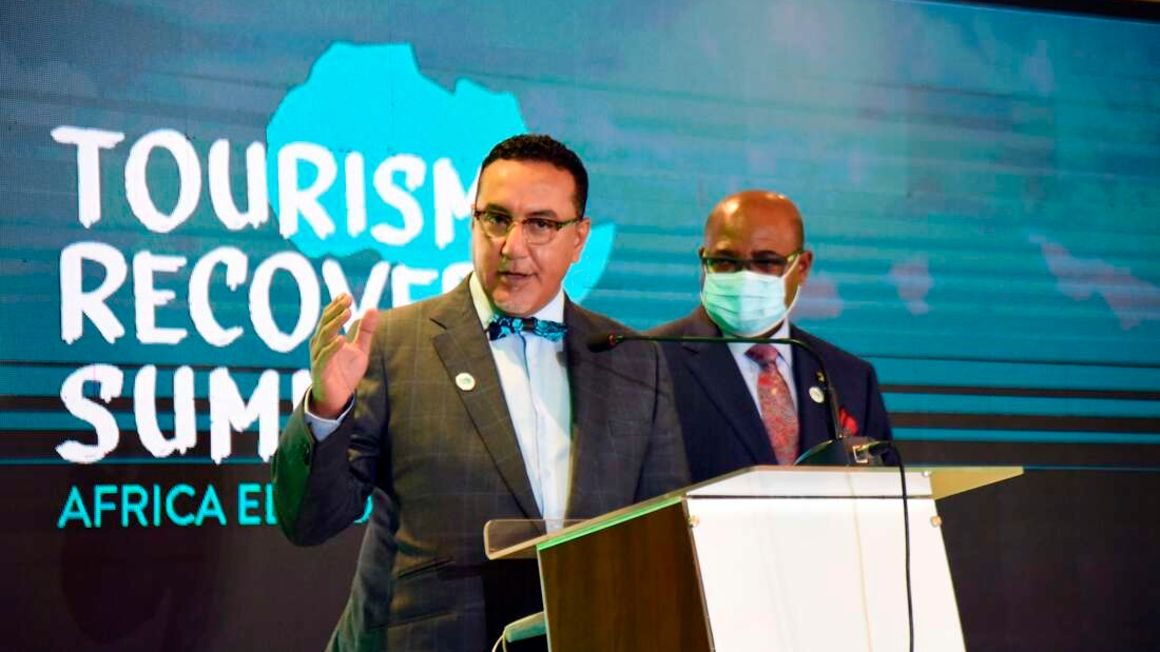When Calista West started planning a trip to Sedona, Arizona, seeing a local healer was on her to-do list. She shared her aspiration with her travel adviser as an afterthought. But when West tried to make an appointment with the physician, he was unavailable.
Then her travel agent, Brie Shelly, sent over West’s itinerary. Shelly had worked some of her personal connections in Sedona to secure an appointment with the overbooked healer.
“Brie really went above and beyond,” says West, a jeweler from Nantucket Island in Massachusetts.
Welcome to the future of travel advisers. Yes, they can read your mind – or at least they’ll try.
“Our clients are always impressed just how close friends we are with so many of the hoteliers and tour operators worldwide that we work with,” says Shelly, who works for an agency aptly named Embark Beyond. “It’s those connections and destination knowledge that allow us to elevate client itineraries.”
Shelly says she’s not a mind reader, but she paid attention to West’s wishlist when she contacted her. The healer had to be part of the itinerary, along with the spa treatments, hikes in the red rocks, and other activities.
When it comes to travel agents, there’s a growing divide between online agents that simply process your travel requests and well-trained travel consultants who do what no computer can, which is to anticipate what travelers need before they even ask for it.
Why should you use a travel agent for your next trip?
You need a travel adviser because travel is complicated
Travel is more complex than ever, for starters. A few decades ago, for example, airlines offered just economy and business- or first-class options. Now there are dozens of options and extra fees. For travel products with more moving parts, like cruises or tours, it’s easy to get lost. Same thing goes for travel insurance.
“There are components of the travel buyer journey that are complex,” says Tim Dodge, vice president of marketing at Arch RoamRight travel insurance. “Travel advisers invest in training and developing a deep understanding of the industry.”
Take your average African safari, for example. In the past, when you booked one yourself, you had to worry about airfare, airport transfers, hotels before and after and optional extensions, plus any vaccine requirements. But now, with COVID-19 on the loose, you also have additional vaccine and testing requirements. A travel adviser specializing in safaris can offer peace of mind, says Marcelo Novais, general manager for North America at Ker & Downey Africa, a tour operator in Cape Town, South Africa.
“Travel advisers help navigate the new complexities of travel,” he says. “They can activate their network to ensure that should things go wrong, they can easily negotiate with suppliers to postpone your trip and secure your investment.”
That’s particularly true for coronavirus test requirements, according to Sherry Sutton, a vice president of marketing at Travel Insured International. “Rules and regulations are constantly evolving, so working with a travel adviser can help to ease some of the stress of navigating these changes and help clients to identify the best places to travel during these times,” she notes.
How to find a travel adviser
Where do you find a travel adviser? By far the best method is a word-of-mouth recommendation from a well-traveled friend. You can also check the American Society of Travel Advisors website, Travelsense.org. Or you can find an agent through a travel advisor consortium like Ensemble Travel Group.
David Harris, CEO of Ensemble Travel Group, says that while his agents may not be able to read your mind, they can add a little surprise and delight to your trip.
“What I think will surprise people who have not used an adviser before is that they will get some additional perks,” he says. “It could be an upgrade at their hotel, early check-in or late check-out or perhaps a little surprise waiting for them in the room upon arrival.”
And don’t just go with the first travel adviser you see. I’ve covered strategies for finding the right agent in a previous Navigator, but here are the highlights: Read the reviews, make sure they know the area you’re planning to visit, and check their agency affiliation to make sure they’re legit. Look for a well-known host agency like American Express, Travel Leaders, or Ensemble.
“If you work with an advisor that has a good affiliation, they have more “power” with their vendors,” explains Stephanie Charboneau, a travel adviser with Travel Creates Memories.
You may not need a travel agent, but…
You don’t have to plan your next trip with an adviser, say experts. A weekend trip to visit relatives or even a week at the beach may not require the expertise of a travel professional. And there’s always the money: Many advisors charge booking fees, and if you know exactly what you want, you can probably book the trip yourself online and save a few dollars.
There’s also the inherent conflict of interest in the travel agency model. Your adviser may charge a booking fee and also take a commission from the cruise line or hotel. Also, travel agents sometimes receive other incentives to book certain cruise lines, resorts, or tours. That leads to the inevitable question of where the loyalties lie. Only the best travel agents can maintain a delicate balance between serving their customers and earning a commission.
But for complex itineraries, it’s hard to match the efficiency of using a travel adviser.
“You can book your trip, research COVID regulations, cancel and reschedule your plans if needed, and file for travel insurance all by yourself,” says Betsy Ball, co-founder of Euro Travel Coach, a travel adviser that specializes in European itineraries. “But aren’t there other things you’d rather be doing?”
Source: USA Today










